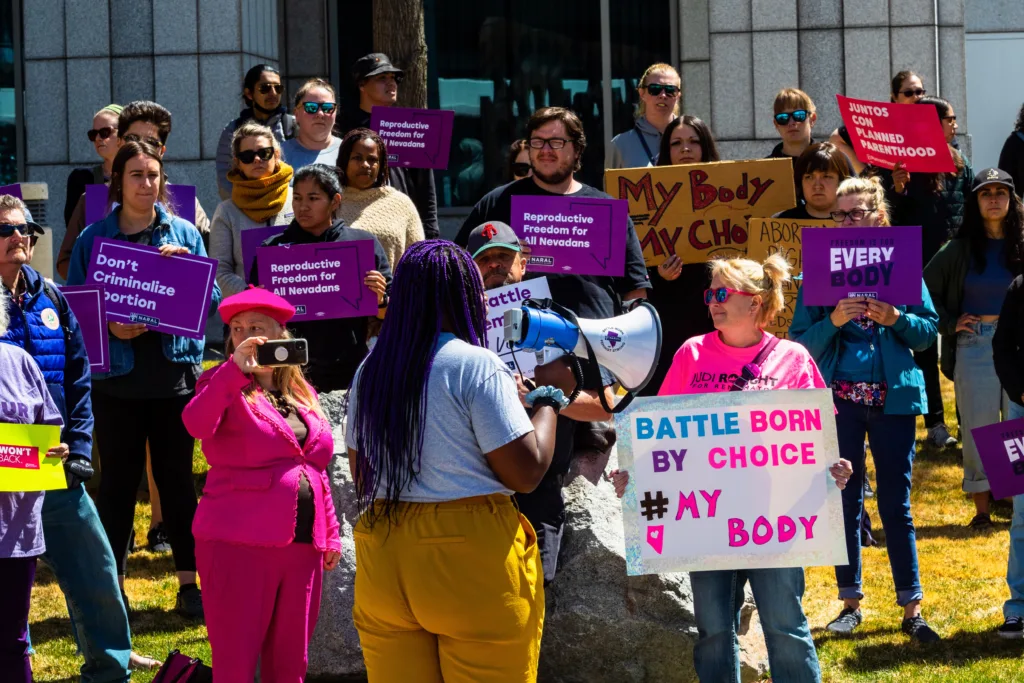
Photo by Ty O'Neil/SOPA Images/LightRocket via Getty Images
Women in Nevada were dealt a blow last week after a judge blocked an effort to enshrine reproductive rights into the state constitution via a ballot initiative.
The measure, backed by the Nevadans for Reproductive Freedom political action committee, seeks to amend the state constitution to include the “fundamental right to reproductive freedom,” including abortion care, birth control, prenatal care, childbirth, postpartum care, vasectomy, tubal ligation, management of a miscarriage, and infertility care.
In his ruling, Judge James T. Russell in Carson City District Court, who was appointed to the bench by former Republican Gov. Kenny Guinn in 2007, argued that the ballot measure violated the state’s “single-subject rule.”
Under state law, each initiative must embrace “one subject and matters necessarily connected therewith and pertaining thereto” and all parts of a proposed initiative must be “functionally related and germane to each other in a way that provides sufficient notice of the general subject of, and of the interests likely to be affected by the proposed initiative.”
Russell’s ruling came in a case filed by the newly established Coalition for Parents and Children PAC, which filed a complaint on Oct. 5, just weeks after Nevadans for Reproductive Freedom filed their petition with the Nevada Secretary of State’s office.
Jason Guinasso, the attorney for the Coalition for Parents and Children PAC and a former Republican candidate for the State Assembly, celebrated the judge’s ruling.
“This initiative clearly violated the statue with regards to the kinds of initiatives that should be presented to the public,” he told KOLO News. “So, we can have an open and transparent debate.”
RELATED: Biden celebrates abortion rights wins in elections, calls for restoration of Roe
‘We Plan to Appeal This’
The initiative’s supporters have already vowed to appeal the ruling to the State Supreme Court and Nevadans for Reproductive Freedom president Lindsay Harmon argued that the various aspects of the measure—which all have to do with reproduction—were in fact connected and related.
“We are optimistic about the ballot initiative as a whole, and you know, we plan to appeal this,” Harmon told KOLO News. “And we know that in fact, these are all a single subject.”
If the state Supreme Court ultimately takes up the appeal and overturns Russell’s ruling, Nevadans for Reproductive Freedom would have to collect more than 102,000 valid signatures from registered Nevada voters by next summer to place the measure on the Nov. 2024 ballot.
If the measure passes next year, it would then have to pass a second time in 2026 in order to officially amend the Nevada constitution to guarantee reproductive rights.
The push in Nevada mirrors efforts in other states over the past 18 months, since the conservative US Supreme court overturned Roe v. Wade, the 1973 court decision that established a nationwide right to abortion. Those efforts have proven overwhelmingly successful, with seven states voting to protect abortion access since the Court’s ruling.
The effort in Nevada would likely see a similar outcome, as a recent poll from The Nevada Independent and Noble Predictive found that a 62% majority of Nevada voters support codifying abortion access in the state constitution.
The State of Abortion Rights in Nevada
Abortion rights up to 24 weeks of pregnancy are already codified into state law thanks to a 1990 referendum vote, in which nearly two-thirds of voters supported abortion access. That statute can be changed with another referendum vote, but amending the state’s constitution would make it more difficult to undo these protections.
The amendment would ban restrictions before fetal viability—which usually occurs around 24 weeks of pregnancy—and says that the state “shall not penalize, prosecute or otherwise take adverse action against an individual” based on the outcome of their pregnancy, or against any licensed healthcare provider for providing abortion or reproductive care services to a patient who has given their voluntary consent.
It also says that “the state shall not penalize, prosecute or otherwise take adverse action against any individual or entity for aiding or assisting another individual in exercising the right of the individual to reproductive freedom with the voluntary consent of the individual.”

New study finds that air pollution could be threatening the success of IVF treatment
Researchers looked at the air pollution levels while the donor eggs were developing and the 72 days when the sperm was developing and found a link...
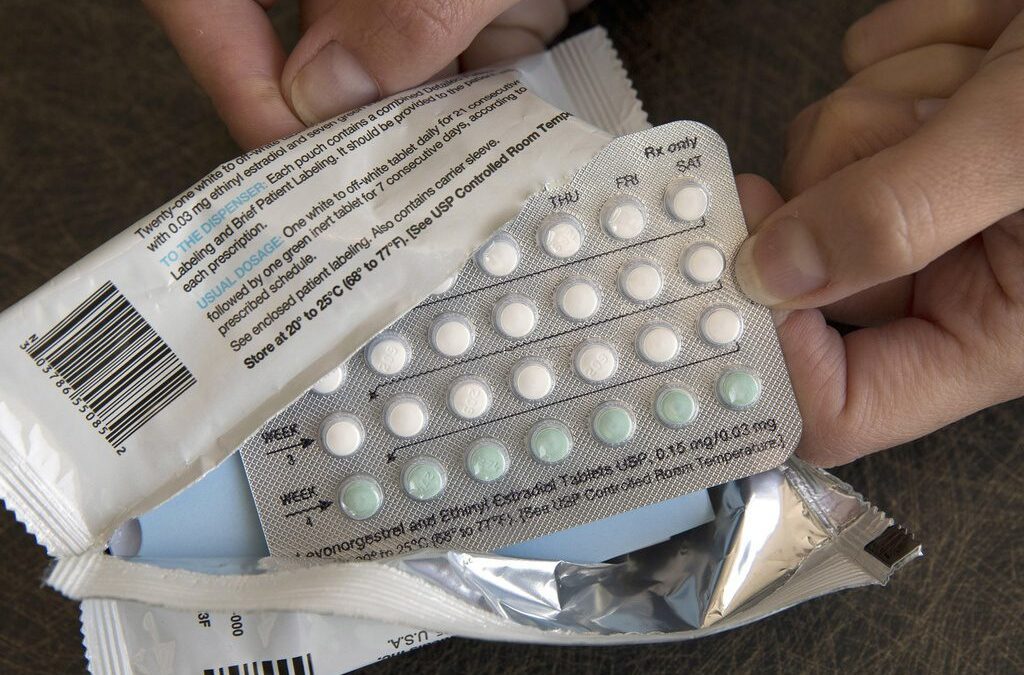
Misinformation about birth control is rampant on social media, alarming doctors
Doctors are concerned that misinformation about birth control might make some women get off it at a time when there are fewer options available for...
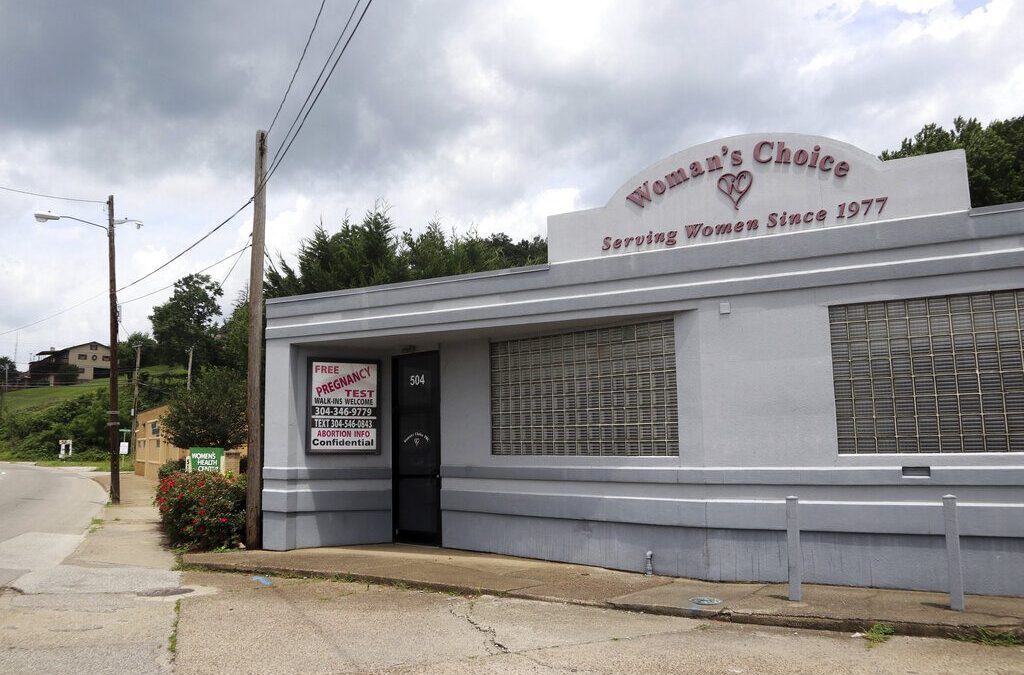
Crisis pregnancy centers give questionable advice on unproven ‘abortion pill reversal,’ study finds
A new study published in JAMA Internal Medicine found that 30% of these anti-abortion ‘fake clinics’ promote "abortion pill reversal," a treatment...
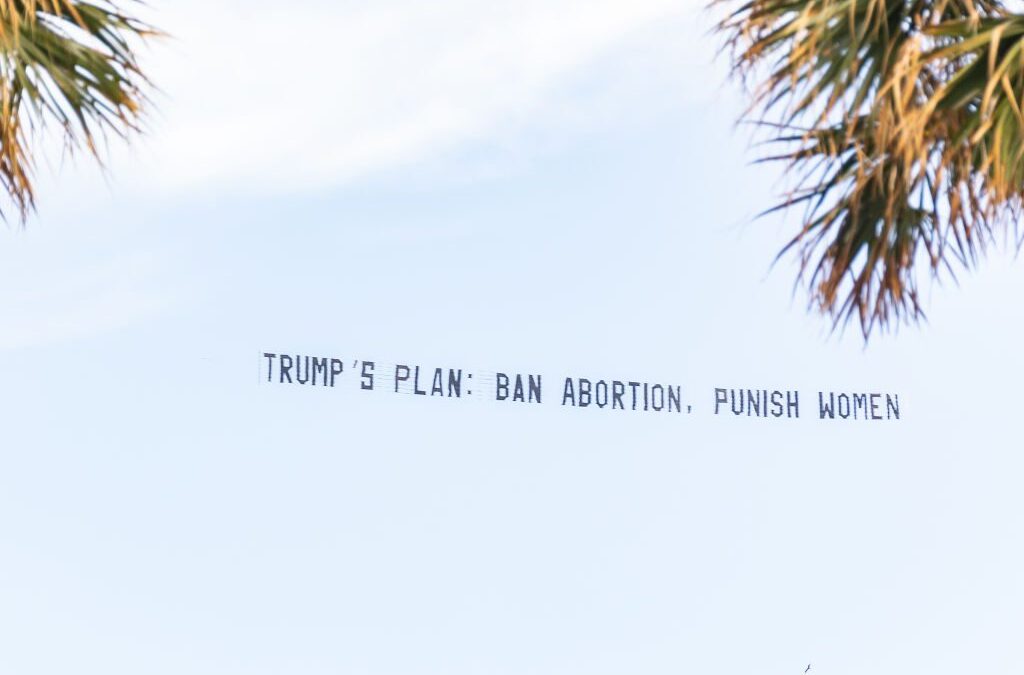
Opinion: Comstock is Trump and the GOP’s backdoor to a national abortion ban
In an op-ed, Kate Kelly highlights how the 1873 Comstock Act, passed at the behest of Anthony Comstock — a man so obsessed with abortion providers,...
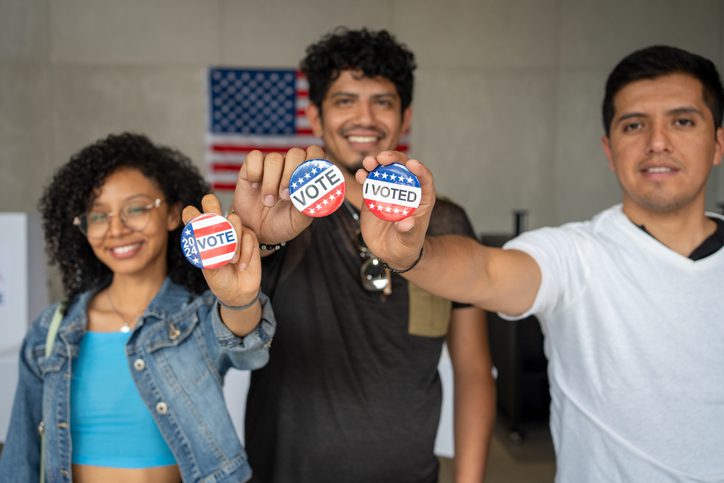
Opinion: What’s at stake for Latinos in the election–and why voting matters
In just two weeks, voters across the country will have an opportunity to decide what future and vision we have for this country. As executive...
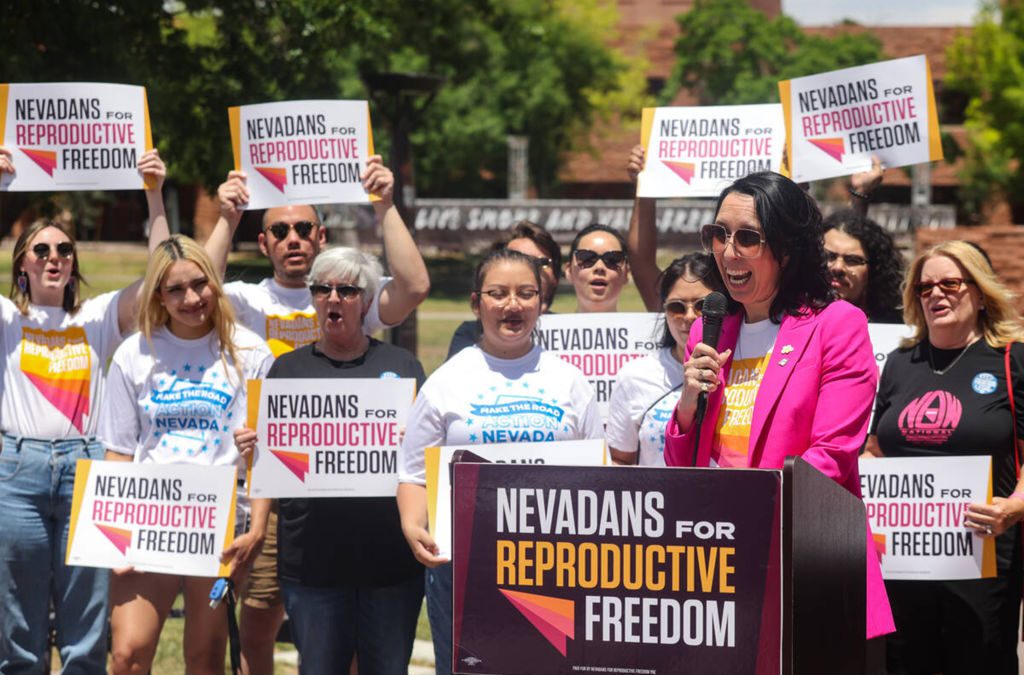
Opinion: The moral imperative to vote for reproductive freedom and against the vision of Project 2025
When it comes to securing the fundamental right to make our own reproductive health care decisions, it’s not always easy to see the connection to...



